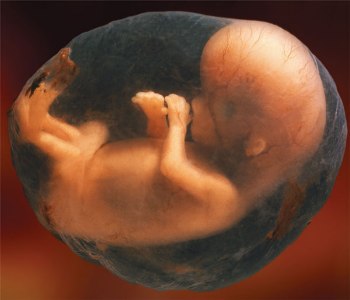
Alabama Senate Bill, SB301, passed the Senate 23-7, yet was not voted
on in the House before the end of the session.
Last minute changes to
the bill changed it from a personhood bill, which would have banned all
abortions, to a ban of all surgical abortions and many chemical
abortions.
If the bill had passed the House, it would have been the
first time in state history that all surgical abortions were outlawed
since Roe v. Wade.
The original text, introduced by Senator Phil Williams,
read: “The term ‘persons’ as used in the Code of Alabama 1975, shall
include any human being from the moment of fertilization or the
functional equivalent thereof.”
The amended text read: “The term ‘persons’ as used in the
Code of Alabama 1975, shall include any human being from the moment of
fertilization and implantation into the womb.”
“SB301 started out on the right track, but it had a fatal
flaw,” says Jennifer Mason, spokesperson for Personhood USA. “The
amended version of SB301 essentially stated that personhood begins at
implantation–which we know is not the case. Embryology textbooks show
that life begins at fertilization, not implantation.”
Personhood USA applauds Senator Williams for fighting for
SB301 and its original text, while certain to save lives, still falls
short of the high standard and goals of Personhood rights for all
innocent human beings.
The Alabama House passed HB18, the Pain-Capable Unborn
Child Protection Act, which, according to the Alabama Department of
Health, may have been able to save 79 babies in 2009. By contrast, SB301
would have saved 10,882 babies in 2009.
Ben DuPre, of Personhood Alabama and the Foundation for
Moral Law, is now calling for a Constitutional Personhood Amendment to
ensure that no child is left behind.
“While we were hoping for much more from this legislative
session, we are excited to see the growth of the Personhood movement
here in Alabama,” says DuPre. “A Personhood bill had never been
this close to passage before in Alabama. We urge our legislators to
approve a constitutional amendment next year that protects, as persons,
the sanctity of every human life at every stage of biological
development, including fertilization.”
















































